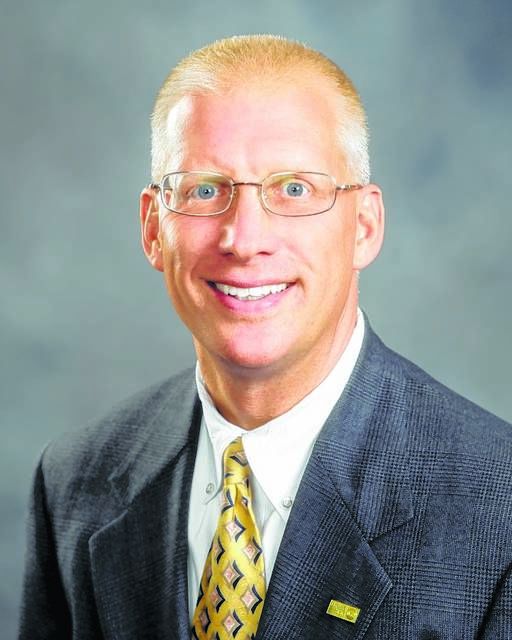Click here to subscribe today or Login.
I was saddened to hear of Christopher Plummer’s passing a few months ago at the age of 91. Plummer played the role of Captain Von Trapp in the 1965 movie adaptation of “The Sound of Music,” one of the all-time best films in entertainment history.
“The Sound of Music” is an enduring classic and most of us are very familiar with the storyline.
Among the many memorable and wonderful songs featured in “The Sound of Music” is “Maria,” also known by the reoccurring question in the lyrics, “How Do You Solve a Problem Like Maria,” by Rodgers and Hammerstein. It is a catchy and whimsical tune about the unpredictable main character, played by the incredible Julie Andrews.
So, how do you solve a problem like Maria? The song tells us it is like pinning down a cloud, keeping a wave on the sand, or holding a moonbeam in your hand …
Allow me to introduce you to another Maria whose problems are even more perplexing. This Maria is a smart, likeable, 11-year-old kid. She is a good student and is the oldest of three siblings who live with their single parent mom. Mom is a very hard worker and loves her children to the moon and back. Yet, she struggles.
Maria’s mom barely knows English, and Maria must do a lot of the interpreting for the family to get by. Mom cleans homes and offices for a living. This work offers her some flexibility so she can be as present and attentive to her children as possible, but she barely makes above minimum wage. Every month, 11-year-old Maria negotiates with bill collectors and helps her mother decide which bills she can skip because there just isn’t enough money or support. Sometimes Maria goes hungry.
When COVID-19 closed her school, Maria spent her time babysitting her younger siblings while mom sought extra work. Unfortunately, the family could never afford internet access and Maria could not keep up with her online school assignments. Academically, she is months behind where she should be.
Maria, like more than one out of every four children living in the Wyoming Valley, is growing up in poverty. Her mom is doing the best she can and is good at her job. Her mother’s biggest problem, in addition to always worrying and being exhausted, is that she is poor.
How do you solve the problems like Maria has?
There are no quick fixes. The United Way of Wyoming Valley has been focused on the complex issues of childhood poverty since 2015. We believe that by eliminating barriers to education and good health and working to improve financial stability, we can begin to reduce human service need in the future, change lives and strengthen the community.
You may or may not know Maria, but there are children like her living in challenging circumstances in every public school classroom in the Wyoming Valley. Your support of the United Way is making a difference for these at-risk kids in our community. Last year, more than 17,400 children benefited from the generosity of our donors.
“Pinning down a cloud,” “keeping a wave on the sand” or “holding a moonbeam in your hand” are whimsical lyrics that represent the impossible. What is possible, though, as Julie Andrews’ character demonstrated, is improving the lives of children.
Solving the problems of childhood poverty in the Wyoming Valley will never be as easy as “do-re-me,” but together, and over time, we can increase the odds of success for at-risk children in our community.
Thank you for supporting our work.
Bill Jones is president and CEO of the United Way of Wyoming Valley.





